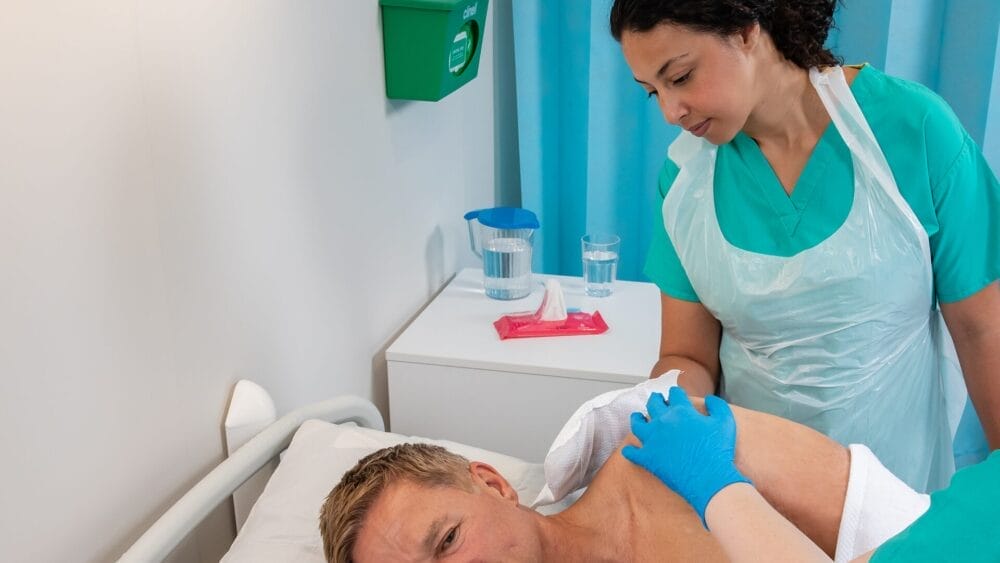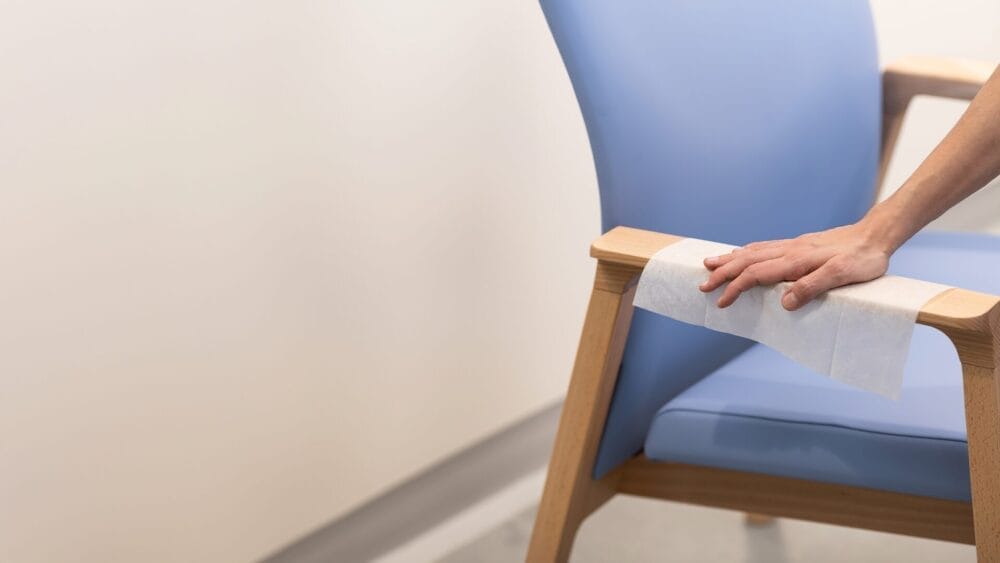Posted
29th March 2018
Research
Norovirus is a common cause of gastrointestinal diseases in hospitals and other ‘semi-closed’ environments (like cruise ships, prisons, and schools). A new study suggests that wards whether patients share multi-occupancy bays are more likely to experience norovirus outbreaks, and that the risk of norovirus transmission increases as more patients share a bay.
The factors driving norovirus transmission are poorly understood. This is because designing studies in norovirus transmission is difficult. Norovirus usually spreads in outbreak clusters, which are often contained using bundled interventions. So, it’s very difficult to understand which part of the bundle was effective in containing an outbreak – or, indeed, whether an outbreak would have stopped without any intervention at all! A new Swedish study reviewed outbreaks and a large number of sporadic norovirus cases in almost 200 wards across southern Sweden to understand risk factors for norovirus spread.
The study found that risk factors for norovirus transmission were: sharing a multi-occupancy with a norovirus case, vomiting, older age (>80 years), comorbidity, and hospital onset of symptoms. These factors remained significantly associated with norovirus transmission even when accounting for all variables together in a multivariable model. The more patients who shared a multi-occupancy bay, the greater the risk of norovirus spread: in fact, the risk doubled for each extra patient in the bay!
These findings suggest that improving the segregation of patients who become symptomatic with norovirus-like symptoms will help to prevent the spread of norovirus in hospitals.
SHARE THIS ARTICLE
Tags
Latest News
Embracing sustainability and cost savings: The journey of Clinell Indicator Notes to paper-based solutions
At GAMA Healthcare, we’ve always prided ourselves on being at…
Introducing HEXI HUB: A seamless transition in our product line
We’re pleased to announce an update to our product offering…
Innovative solutions for tackling Carbapenemase-producing Enterobacteriaceae (CPE) at King’s College Hospitals
King’s College Hospital NHS Foundation Trust, one of London’s largest…
Gloves Off: reducing unnecessary plastic waste during environmental cleaning and disinfection
In this blog, Dr Phil Norville discusses the momentum-gaining ‘Gloves…




